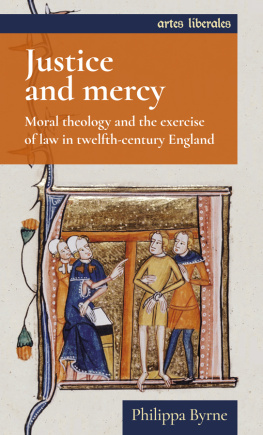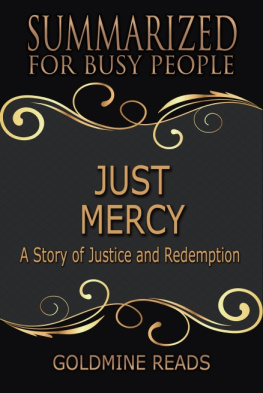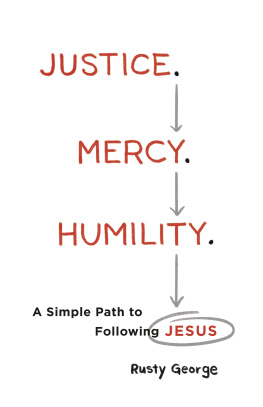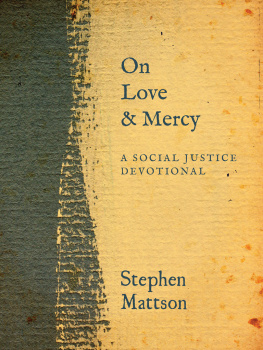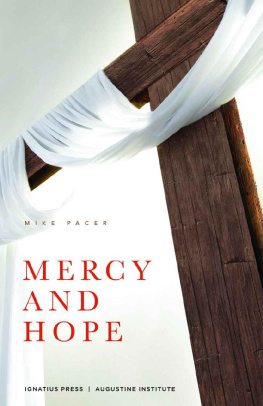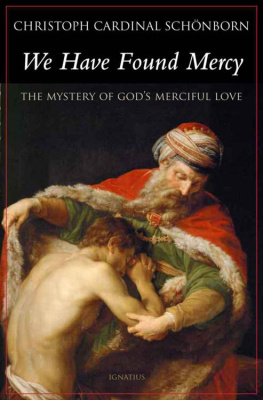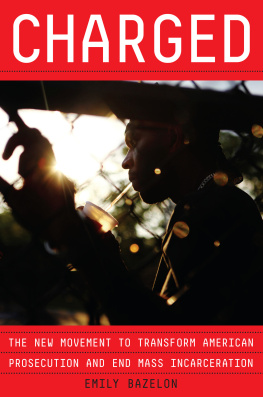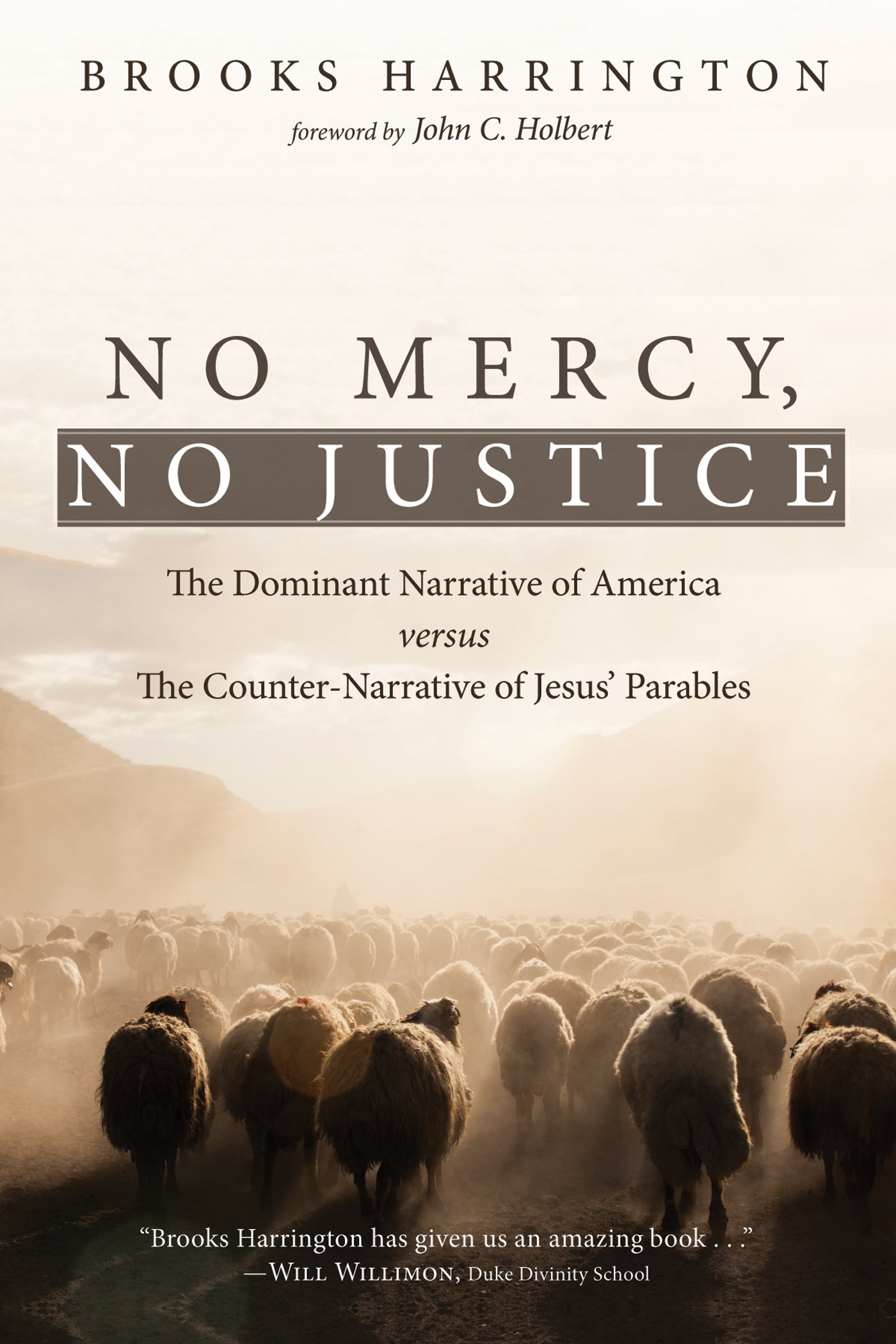NO MERCY, NO JUSTICE
The Dominant Narrative of America versus the Counter-Narrative of Jesus Parables
Brooks Harrington
foreword by John C. Holbert

NO MERCY, NO JUSTICE
The Dominant Narrative of America versus the Counter-Narrative of Jesus Parables
Copyright 2019 Brooks Harrington. All rights reserved. Except for brief quotations in critical publications or reviews, no part of this book may be reproduced in any manner without prior written permission from the publisher. Write: Wipf and Stock Publishers, 199 W. 8th Avenue, Suite 3, Eugene, Oregon 97401.
Cascade Books
An Imprint of Wipf and Stock Publishers
W. th Ave., Suite
Eugene, OR
www.wipfandstock.com
paperback isbn: 978-1-5326-4582-
hardcover isbn: 978-1-5326-4583-9
ebook isbn: 978-1-5326-4584-6
Cataloguing-in-Publication data:
Names: Harrington, Brooks, author. | Holbert, John C., foreword.
Title: No mercy, no justice : the dominant narrative of America versus the counter-narrative of Jesus Parables / by Brooks Harrington ; foreword by John C. Holbert.
Description: Eugene, OR : Cascade Books, 2019 .
Identifiers: isbn 978-1-532 6-4582-2 ( paperback ) | isbn 978-1-532 6-4583-9 ( hardcover ) | isbn 978-1-5326-4584-6 ( ebook )
Subjects: LCSH: 1. Religion and justice. | 2. Mercy. | 3. Jesus ChristParables.
Classification: BL65.J87 H29 2019 ( print ) | BL65.J87 H29 ( ebook )
Manufactured in the U.S.A. January 11, 2019
Unless otherwise indicated, Scripture quotations are from the New Revised Standard Version Bible, copyright 1989 National Council of the Churches of Christ in the United States of America. All rights reserved worldwide.
For my father John,
who has taught me by his words and actions to be a person upon whom people in trouble can rely.
For Maxine,
my love, conscience, and partner through everything for more than forty years.
For our daughter Elizabeth and our son-in-law Gregg,
our daughter Katherine and our son-in-law Spencer,
our son Clay and our daughter-in-law Ashley,
and our grandchildren Lucas, Sarah, Livingston, and Harrison
that they may walk Gods way of justice and mercy.
For my coworkers in the vineyard of the Methodist Justice Ministry:
Juliana, Norma, Linda, Jodie, Yajaera, Nicole, and Sarah.
Foreword
No Mercy, No Justice is a very powerful book and not for the faint of heart.
Brooks Harrington is a unique Christian person. He was, and is, an attorney, having tried numerous cases, many of which had to do with abuse and domestic violence often against children. And he is an ordained clergyperson, now serving as the director of a justice ministry connected to First United Methodist Church in Ft. Worth, Texas. Let me say, by means of full disclosure, Brooks was a student of mine at Perkins School of Theology in a class of introductory preaching. He was a truly outstanding student and preacher then, topping his graduating class. But what was startling about him was his enormous commitment to the ideas he has expressed in this book, namely, the need to address with full honesty the deep and complex relationships between justice and mercy in the life of Christian faith. He speaks again and again of his work in the courtroom and on the streets among the homeless and abused of his city, probing for ways to address those two central issues in Christianity. He writes of the dominant culture, the one we live in where justice is sought and applied often devoid of mercy. But also he addresses those Christians who would expect only mercy and never Gods justice against their refusals to show mercy to all. In rich biblical analyses, from the prophets of Israel and especially from the potent parables of Jesus, he shows how justice without mercy may be calloused and cruel, while mercy without justice may be empty and simplistic.
I admit readily that the book was a real workout to read, not because the prose was not limpid and clear, but because I felt convicted again and again by my own complicity in the dominant narrative, and my own unwillingness to tender mercy to all and not to receive the justice from God that I should expect for my failings. I found the final chapters retelling of Mark 45 a beautiful summation of the books central claims. That chapter alone is worth the books price, but it will not have its full impact until the rest has been read.
When Brooks Harrington came to see me just before his graduation from seminary, he announced that he was going back into the work of the law. I was surprised, for he had been serving as a pastor (details of which you will read in his book), and I imagined he would continue to do that. But he went on to say that the study of theology had taught him how to use his great skills as legal advocate in new and richer ways. And he is doing just that now. I thank the God who called him to that work, and I thank God and Brooks for this book that challenges and provokes.
John C. Holbert
Professor Emeritus of Homiletics
Perkins School of Theology
Southern Methodist University
Preface
I n the stories told about people, unless otherwise noted I have changed their names and a few identifying features to respect their privacy. The changed names are initially placed in quotation marks. The events retold in the stories are all true.
Introduction
T orah, the prophets, and the Gospels tell us that Jesus did not come just to open heaven for believers. Jesus did not come to be worshiped. Jesus did not come to sacrifice himself for us so that we neednt sacrifice ourselves for anyone. Jesus did not come to give and suffer for us so that we neednt give and suffer for anyone. Jesus did not come to found a church that would perpetuate itself by accumulating property and by keeping members comfortable and assured of Gods love just the way we already are and just the way we already live. Jesus came to give birth and blueprint to a people who would together with Jesus living spirit transform a world terribly broken. Jesus was sent by our Father to form and inspire a people who would build a community of justice and mercy that would challenge a world dominated by unjust and merciless competition for things, shallow pleasures, and the honor and power that comes with their accumulation. Jesus life and teachings are the perfect incarnations of Gods will for such a community. Faith and belief alone are not critical for the people of God. Love, manifested in our justice and our mercy, is critical.
Despite Gods eternal will revealed in Torah, the prophets, and the Gospels, the world remains terribly out of whack. Millions of children, women, and men continue to suffer terribly from its injustice and mercilessness.
The community that Jesus came to form, and particularly the North American church, is failing in its God given mission. It seems most intent upon making churchians, not Christians. Much of this is due to our own human nature. Our minds and souls are the battlegrounds between our urges to fear, fight and dominate, and our capacities for justice, mercy, and sacrifice for the common good. A cause of our failure is that we are seduced and overcome by a merciless and unjust account of how to live that is utterly counter to the way of God and Jesus. This account has become the relentless and pervasive dominant narrative of our Americathe story of the only way to live to obtain meaning, honor, and satisfaction. The American church has been seduced by this account, and has aided and abetted our individual seduction. This dominant narrative is in utter conflict with the counter-narrative of Jesus set forth in his parables, particularly in their accounts of justice and mercy. The world being created by the counter-narrative of Jesus is a challenge and a judgment of the world created by this dominant narrative.


